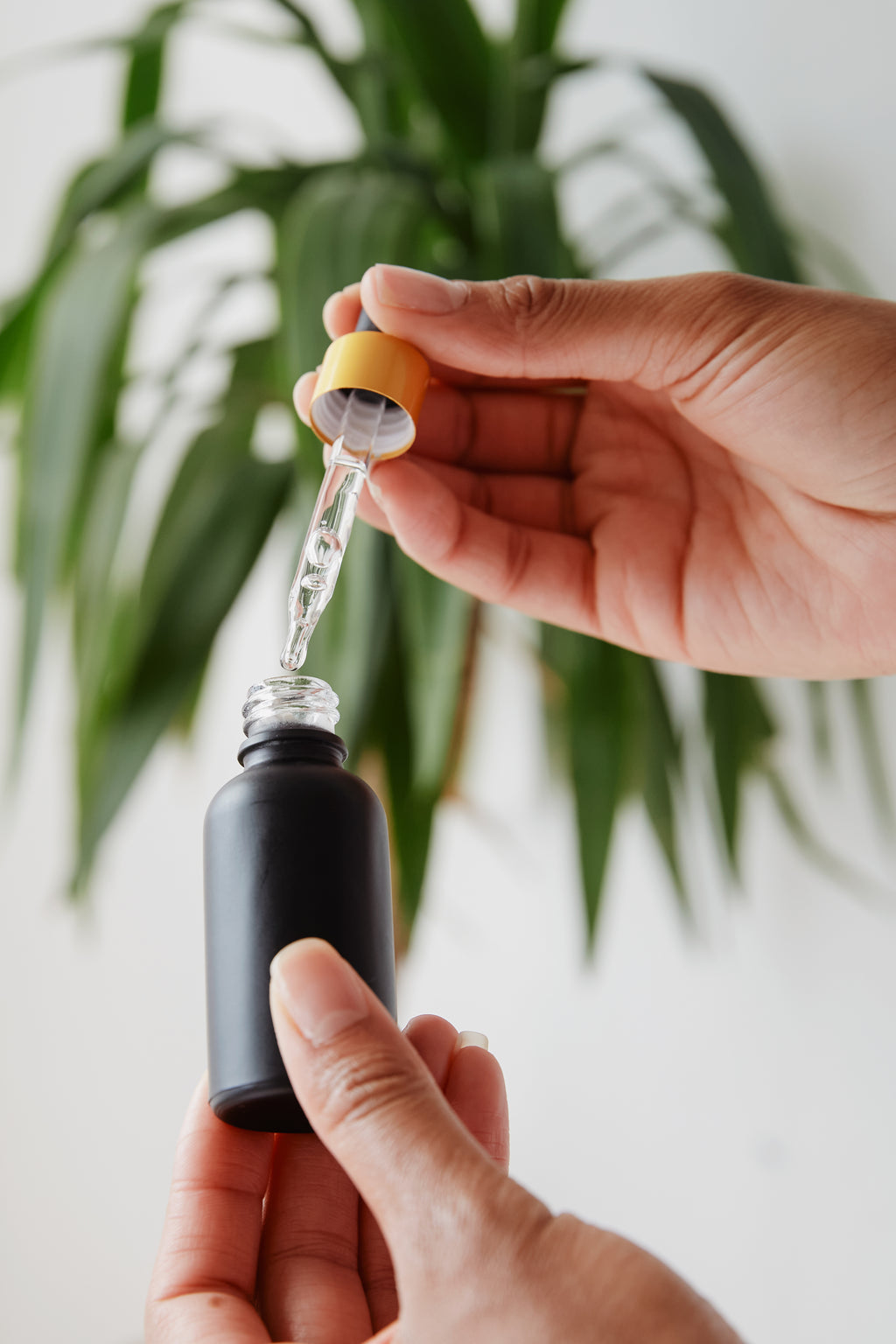Each component has its own action. However, the combination of some of them can lead to sad consequences, including redness, irritation, temporary pigmentation and simply the absence of the desired results. We tell in the material which components in skin care can be combined and which cannot.

Components that go well with each other
- Retinol + hyaluronic acid. When using retinol, the skin barrier is disrupted. The skin becomes dry, irritated and less resistant to external factors. Hyaluronic acid helps restore moisture and strengthen the skin.
- Retinol + niacinamide (vitamin B3). Another ingredient recommended for use when using retinol. Studies have shown that this component stimulates the synthesis of collagen and ceramides, which ensure the integrity of the skin barrier. As a result, niacinamide significantly reduces the side effects of retinol.
- Retinol + sunscreen. The use of retinol makes the skin sensitive to sunlight, so it is necessary to use high protection against ultraviolet rays, even in winter. Otherwise, we risk that pigmentation will appear on the skin. In addition, retinol is recommended to be applied in the evening.
- Vitamin C + ferulic acid = a perfect combination! These are powerful antioxidants that prevent oxidative stress and increase protection against ultraviolet radiation. Ferulic acid together increases the stability and effectiveness of vitamin C.
- Vitamin C + sunscreen. Vitamin C helps fight free radicals, which are created by excessive exposure to the sun or other environmental factors. At the same time, its effect can irritate and increase the sensitivity of the skin (depending on the form and concentration), which makes the skin less resistant to the negative effects of ultraviolet radiation. Therefore, vitamin C is recommended to be used with SPF.

- Retinol + АНА / ВНА acids. This combination can cause skin inflammation. You can use, for example, a toner with acids in the morning and a preparation with retinol in the evening. But it is better to use these ingredients every other day. Also, if you're just starting to use retinol, you should first get used to it and strengthen the skin's protective barrier with intensive hydration before adding acids.
- Retinol + vitamin C. Here it is also important to use both components separately: vitamin C in the morning, retinol in the evening. If they are used together, retinol, which has an exfoliating and slightly oxidizing effect, completely neutralizes the anti-radical properties of vitamin C. The components simply stop working.
- Vitamin C + acids. Both components have a high irritating effect, so it is not recommended to use them at the same time.
- Vitamin C + niacinamide. This combination creates a double problem: first, it neutralizes the effectiveness of both ingredients, and second, it can create a substance (nicotinic acid) that irritates the skin.
- Vitamin C + heavy metals (for example, cream or serum with copper). Heavy metals in combination with ascorbic acid cause vitamin C to instead act as an antioxidant and free radical scavenger, but instead to act as a pro-oxidant or promote the formation of free radicals.

